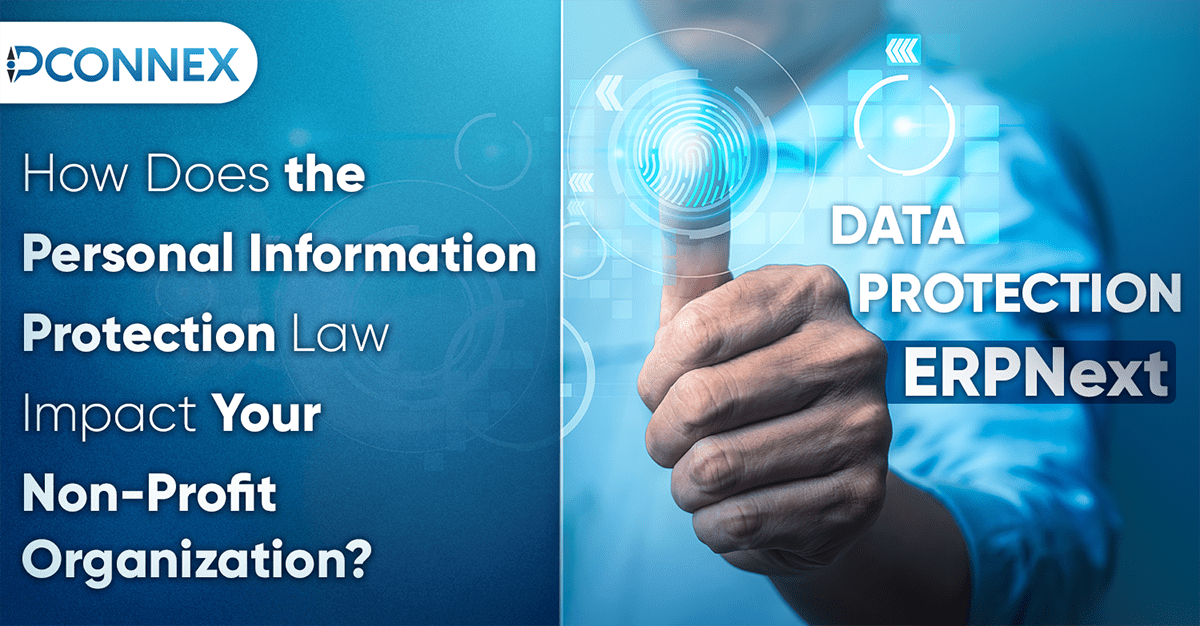
The Personal Information Protection Act (PIPA) holds pivotal significance in safeguarding privacy and personal data within Nonprofit Organizations (NPOs). It imposes stringent standards for the management and processing of personal information, aiming to prevent legal and financial repercussions.
1- What is the Personal Information Protection Act?
The PIPA, also known as the data protection law, is designed to ensure the ethical and secure processing of personal information. It applies to all organizations, including NPOs, involved in collecting, using, or disclosing various personal data such as names, addresses, phone numbers, emails, medical information, and financial data.
2- Impact on NPOs:
Informed Consent:
NPOs are obligated to obtain informed consent from individuals before collecting their personal data. This necessitates informing people about the reasons for collecting information and how it will be utilized.
Data Security:
Organizations must implement appropriate security measures to protect the personal data they hold. This includes securing databases, guarding against cyberattacks, and providing staff training to prevent data leaks.
Access and Correction of Data:
Individuals have the right to access their personal data held by NPOs and request corrections if the information is inaccurate. Organizations must establish procedures to address such requests.
Transparency:
NPOs must maintain transparency about how they process personal data. This involves informing individuals about their privacy policy, detailing how data is used, and specifying with whom it is shared.
Consequences of Non-Compliance:
NPOs that fail to comply with PIPA may face significant financial sanctions, fines, and damage to their reputation. It is crucial for these organizations to strictly adhere to the law.
3- How NPOs Can Comply with PIPA Using ERPNext:
Integrated Privacy Policy:
ERPNext provides the option to integrate a clear and concise privacy policy directly into the system. This allows NPOs to define and communicate how personal data is collected, used, and stored.
Advanced Data Security:
ERPNext offers advanced tools for data security, including encryption, access rights management, password management, and other essential features to protect personal data from potential threats.
By leveraging ERPNext, NPOs can streamline the management of personal data, reducing the risk of non-compliance with the Personal Information Protection Act. This all-in-one solution enhances donor, member, and public trust by effectively and integratively meeting PIPA requirements.
